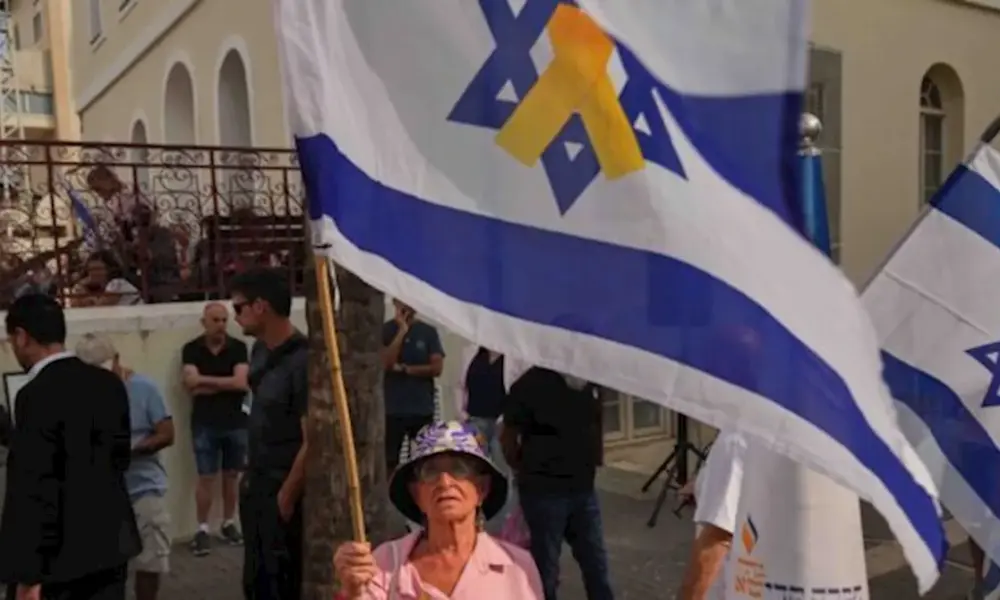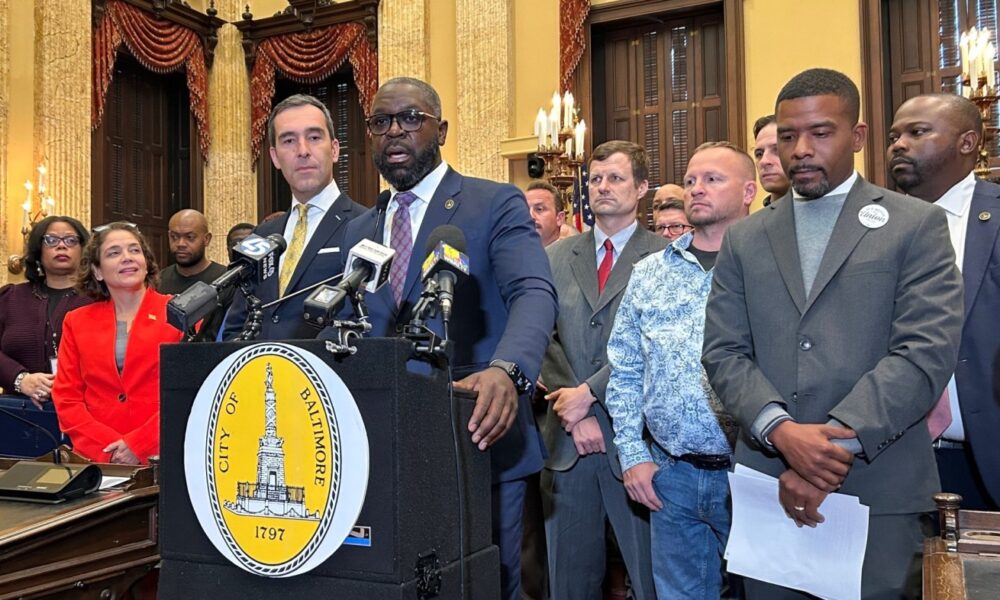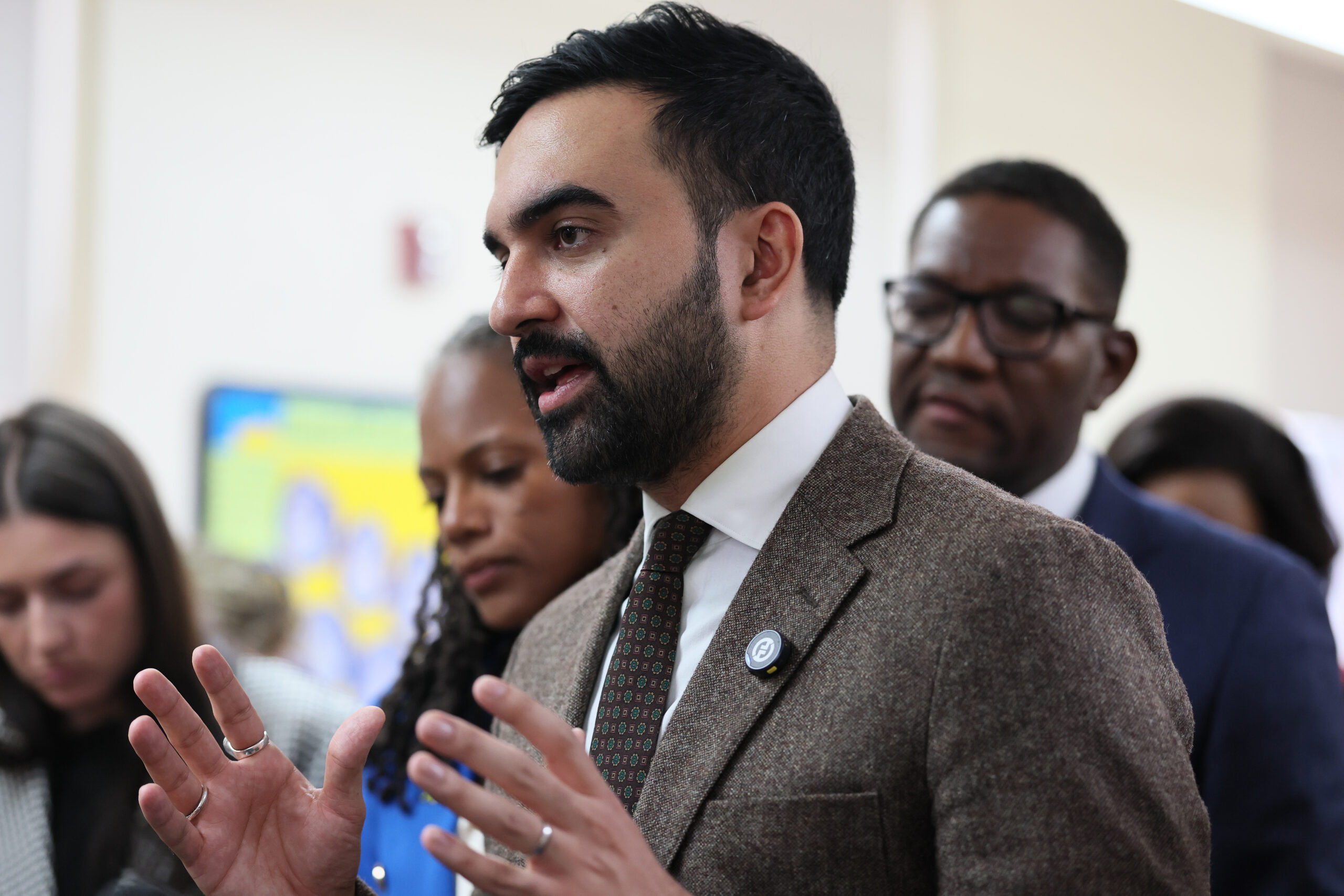The ceasefire in Gaza is increasingly fragile as Hamas faces serious accusations of violating the agreement. Reports indicate that the group has executed rivals publicly, delayed the return of the bodies of hostages, and engaged in attacks against Israeli soldiers. This situation has prompted discussions within the Israeli government regarding potential responses to these provocations.
The ceasefire, which was established with the aim of reducing violence, has seen Hamas fall short of its commitments. Last week, the group was expected to return the bodies of 28 hostages but has only managed to return four, with the remainder still unaccounted for. Among those returned were the remains of a Nepalese student, Bipin Joshi, and a Thai national. As of March 2024, Hamas has only returned approximately half of the bodies promised to Israel.
Reports suggest that Hamas’s actions include significant delays in the transfer of the remains, raising tensions further. The Israeli government, led by Prime Minister Benjamin Netanyahu, has been evaluating the implications of these actions. Meetings have reportedly taken place to determine whether military responses may be warranted in light of these provocations.
The situation escalated recently when Hamas allegedly attacked Israeli soldiers patrolling southern Gaza. This incident marked a critical test of the ceasefire, which was brokered with U.S. involvement. In response, the Israeli military conducted airstrikes targeting Hamas positions in Rafah, a city that has been central to recent conflict.
The ongoing challenges to the ceasefire raise questions about its sustainability. Israeli officials have expressed concerns over the reliability of Hamas as a negotiating partner, particularly following these violations. The government is weighing its options, with some advocating for a robust military response to restore deterrence.
As the situation unfolds, the humanitarian impact remains a pressing concern. Families of hostages are left in limbo, waiting for news of their loved ones amidst the backdrop of renewed violence. The international community continues to monitor developments closely, urging both sides to adhere to the ceasefire for the sake of peace and stability in the region.
With the ceasefire’s future uncertain, the focus is now on whether diplomatic efforts can prevail in de-escalating the tensions. The coming days will be crucial as both Hamas and Israel navigate this precarious landscape.







